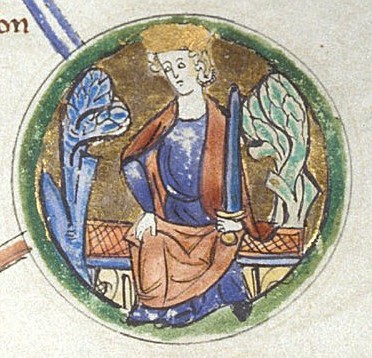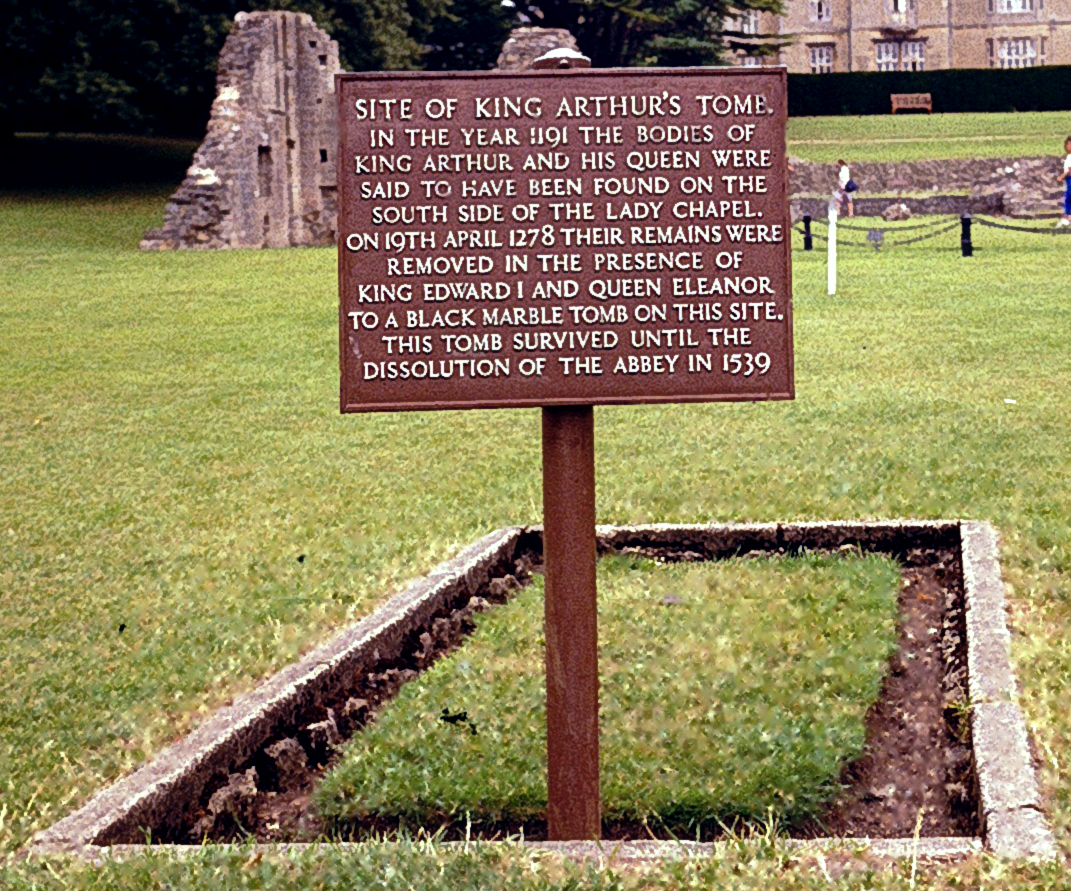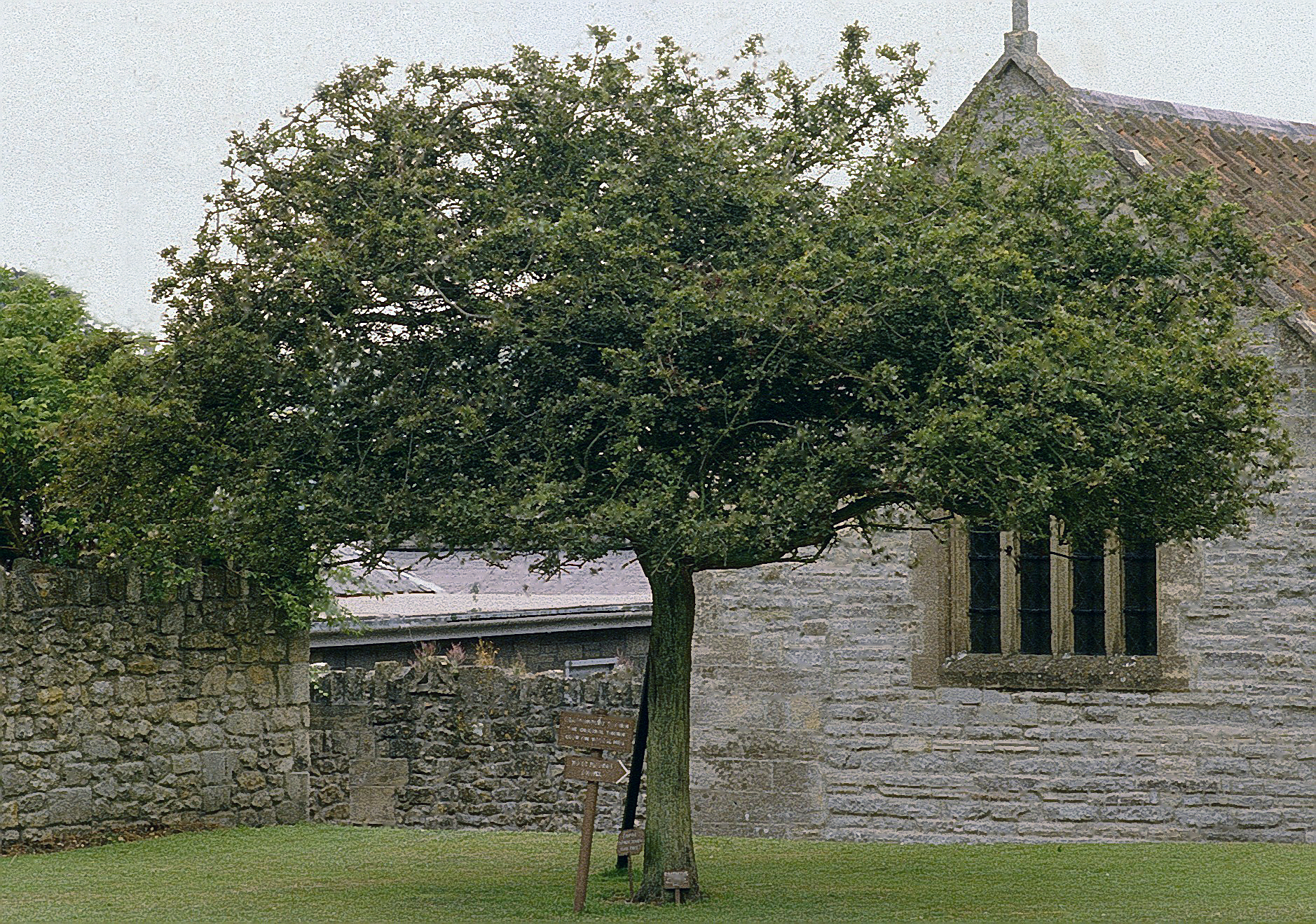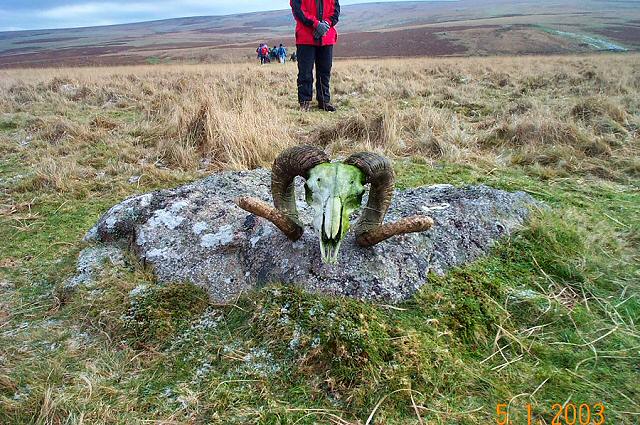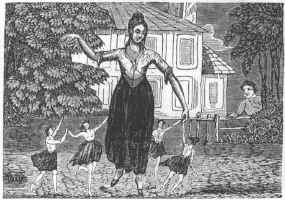[I have decided it is silly to have two blogs going on the same subject. I shall keep the other one going to keep all these meanders together, but I shall also post them here. So, the first one...
I think I will start this exploration of the Westcountry Folklore Blog with the eye. This is the first point of contact between people about to communicate; some might say it is the seat of the soul.
Down here in the west there are many traditions associated with this potent body part.
The fear of the Evil Eye and in ‘overlooking’ where powerful tools used by some old Devonian witches. The results of being 'overlooked' could range from bad luck, to ill animals or even to death.
‘Bleeding’ (basically stabbing with the intent to draw blood, often with a rusty nail) of those thought to have given you the evil eye was one counter charm (Nummits and Crumits by Sarah Hewett 1900)
 |
| Charm against the Evil Eye - from Nummits and Crumits by Sarah Hewett 1900 |
Hawthorn hung in Devon doorways protects against the evil eye, or so says Sarah Hewett in Nummits and Crummits (1900).
In the Three Crowns pub ladies toilet in Chagford there has been reported to me (by three separate women) a sensation of being watched, with loath full hatred, perhaps by a ghost.
One Cornish tale tells of the entrapment of Walter, an unfaithful lover, by the eyes of a powerful mermaid. Similarly his conscience is finally opened and his fate sealed when he looked deep into the eyes of the mermaid, who is bent on revenge.
Legends of the pixies and the fairies and their ilk make great use of the power of sight and the eye.
The
story of Anne Jefferies, born in 1626 in St. Teath, Cornwall, uses the motif of the bewitching power of the eye numerous times. When she first spots her fairy companions she notices immediately their beauty and the brightness of their eyes. When they finally abduct her after kissing her (another common fairy bewitchment) one runs his fingers over her eyes. She feels them pricking as if with a pin, and then is left blind, only able to experience the transition to the faerie realm via a sensation of being whirled through the air at speed. Some time later one of her fairy companions says “tear away” and her site is returned, along with an exquisite vision of the fairy realm. Her troubled return to this world also passed without vision, a fairy once again having passed his fingers across her eyes.
Similarly a girl taken as a servant to a fairy widower, by the name of
Jenny Permuen from Towednack, Cornwall, had a bunch of small low growing leaves passed over her tear filled eyes to bring her into the widower’s realm. Later on their journey the widower states “" there is yet a tear of sorrow on your eyelids, and no human tears can enter our homes, let me wipe them away." With a final wipe from similar leaves an amazing vision of the faerie realm is opened up to her
More common is the power of fairy ointments on the eye.
Chery of Zennor, Cornwall, did not need blindness, nor freedom from tears, to take her far enough into the fairy world to be of use as a servant, but when she was there she was told to keep her eyes shut at night, for fear she might ‘see things which she would not like’. Her day time duties there involved the care of a small child, whom she was to take to a spring and anoint his eyes with an ointment kept there. She was strictly forbidden from letting this potion touch her own eyes. After many fearsome adventures that would have frightened a lesser girl out of her wits Chery decided that this ointment would allow her to solve the riddle of the place she was in, for the child whose eyes she anointed seemed to see more than she could perceive.
Having touched but a “crum” of ointment to one of her eyes she found it overwhelmed with burning pain, much like that experienced by Anne Jefferies. She washed her eye in the spring and found a myriad of small people revealed to her, an every tree and blade of grass, and even in the spring itself. Using her magic eye to spy on her master he found him to be unfaithful (as she perceived it), her jealousy leading to her banishment back to this world.
Another story from near Zennor and Saint Ives tells of a housewife who is taken blindfolded to a strange home and given a child to care for. Part of the care involved anointing the boys eyes with special water after dawn. The water was not to touch her own eyes. She was taken back home, again blindfolded. When she regained her sight she found the boy was not as beautiful as she had first thought, but his eyes retained their piercing glare. She carried out her duty before one day she thought to try some of the water on her own skin. Some went in one of her eyes and after blinking she saw little people all around her. One day she went to the market and saw the boys father. He asked her which eye she saw him from, and from that day forward she was left blind in the water splashed eye, and the child was taken from her, as was her good fortune
Jenny Trayer, of Pendeen Cove, Cornwall, had the reputation of a being a witch, and used the power of her reputation to sell her husband Tom’s fish at a very profitable price, as well as engaging in some alcoholic smuggling. When her fiend Nancy caught sight of her applying some ointment (later revealed to be made from four leaved clovers gathered on a certain phase of the moon) to her husband’s eyes trouble eschewed. Nancy seized her opportunity and managed to get some into her right eye (thinking it must be beneficial) without Jenny noticing. Later when Jenny caught Tom in the market steeling from a stall she confronted him, only to find she could only see him with the anointed eye. Tom quickly poked the eye with his figure and she was forever blind on that side. Without doing this Nancy would have had the power to see into the Fairy Realm, and all Tom’s misadventures.
A very similar story is told of Joan, from near Penzance, who caught reputed witch Betty Trenance rubbing ointment in her children’s eyes. Immediately the little people, the fairy folk were revealed to her. On going to Penzance market she found Tom (Betty’s husband) engaged in thievery. As before Tom finds out which eye and blinds her in it, though this time by simply pointing at it.
But unlike Jenny, Joan’s adventures where not over yet. She accidently climbed upon a fairy horse, disguised as a blind old nag. She was treated to a terrifying gallop across the countryside and a dipping in a filthy pond, as well as witnessing the devil and his headless (presumably also blind!) hell-hounds out hunting.
I remember reading a very similar story of the market and the blinding of an eye by a faerie in Devon. The story is of Morada of Holne, who looked after a fairy babe and had ointment for his eyes. Her comeuppance came at Ashburton, though unlike her Cornish compatriots only her fairy sight was removed (along with the baby, and she was well paid (from Folk Tales of Devon, by V Day Sharman 1952)
It seems that the transition to the ‘other’ realm in the Westcountry involved the power of the eye was all important. As we have seen blindness often marked the transition, just as transgression of the rules regarding the eye marked the end of the adventure. Sometimes there was pain, most times ointment. There is the possibility that it is a hallucinogenic ointment that is being referred to (or am I too cynical? Perhaps it was simply the fairies!). The ingredients are certainly vague – though maybe plant related and involving the moon.
Given the potency of the eyes it is not surprising that such care was given to looking after them, to guarding the amazing sense it gives us, which without most people in the past from which these traditions grew would have found the hard life of a labourer even harder still. In the age before corrective glasses and contact lenses it could even effect the perceived beauty of an individual, in their crossed or boss-eyes. Imagine if everyone you currently knew with glasses on must live their life without them, and when the ‘stigma’ of uneven or peculiar eyes could lead to a loss of social standing. A single eye was given to the
giant of Saint Michaels Mount to indicate his gruesomeness, and glassy sunken eyes an infant where even seen as a sign of
being a Changeling, a thing to be feared greatly, for it meant your own child had been stolen.
By far the most common cure, was to use the supposed curative properties of Holy Wells or springs. This brings to mind the pixies use of special dew or liquid, (especially Chery of Zennor’s use of ointment kept in a spring). Water sources associated with eye cures can be found across the Westcountry.
In Somerset those that specifically mention eyes are
Bully Well, in Chew Magna (unusual because it is not connected to a saint) and a well in
Saint Anne’s Wood, now in Bristol. As yet my research has not turned up any wells in Dorset. In Devon I remember reading of a couple of wells near Ashburton in Devon, including Saint Gudula's Well, that cured eyes. Fice's well near Princetown I think had an eye curing attachment, as did one of the Leechwells in Totnes, both in Devon. Cornwall, predictably, has the most eye curing wells recorded by the Victorians, the country being particularly fascinating to them given its recognized Celtic heritage.
Saint Minver’s Well, near Wadebridge,
Saint Breward’s Well, near Camelford (for inflamed eyes) and
Saint’s Well, Polperro (also for inflamed eyes and other ailments) all gave relief to eye problems. The later had an associated ceremony, involving the potent power of three – on three successive sunrises while fasting bathing in the well was recommended.
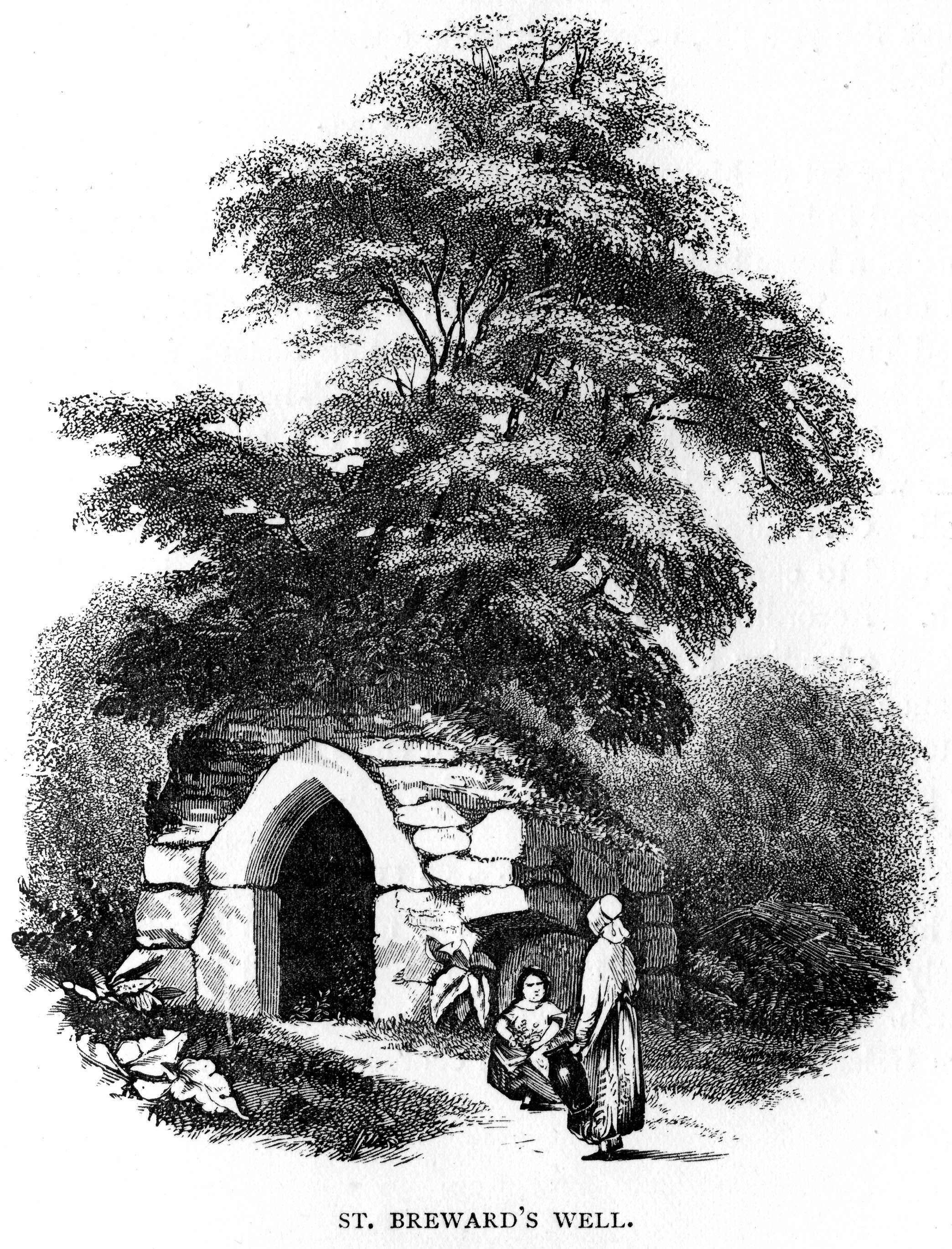
‘Kenning’ or ‘Kinning’ stones (large beads) where another eye cure, one being kept at the end of the 19th century in Black Torrington, Devon, another at Thrustleton, Devon and two more were to be found in Cornwall.
The eye itself can be curative. This Devon rhyme from Nummits and Crummits by Sarah Hewett (1900) says of an itching hand-
Rub it on the eye,
'Twill go by-and-bye ;
Rub it on wood,
'Twill sure to come good.
As my research progresses I may well add to this essay, filling out the blanks and expanding my thoughts. I hope you have enjoyed this little jaunt into the world of eyes and their lore in the Westcountry.
Eye have.]


